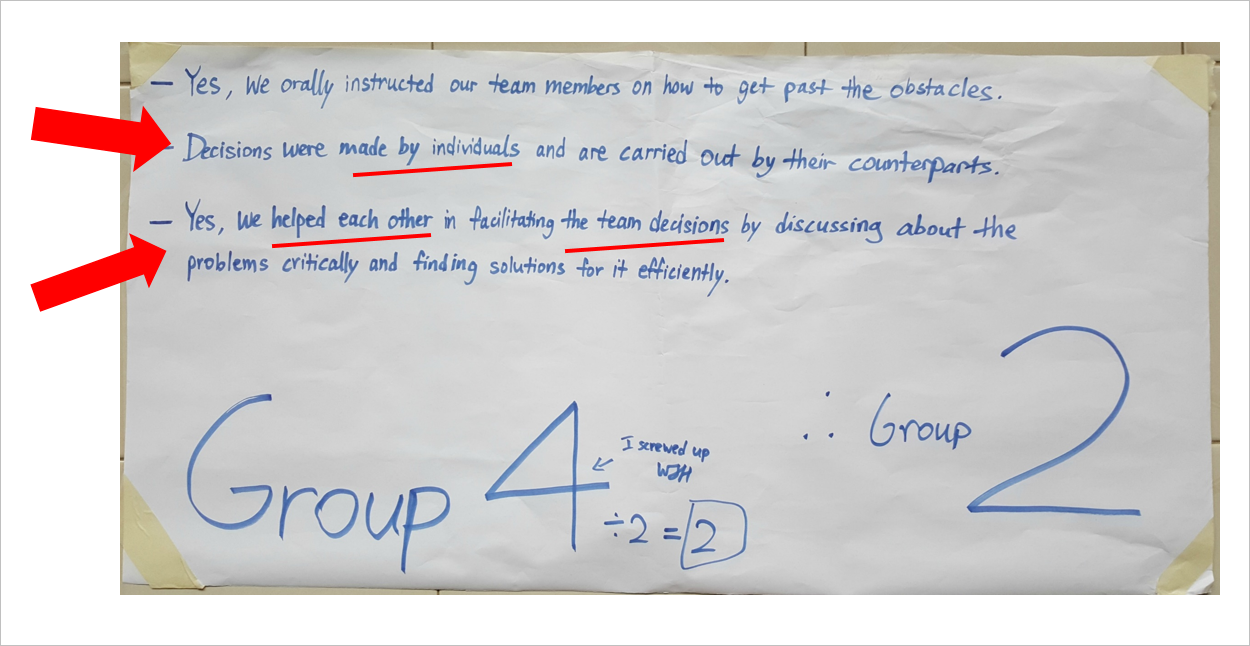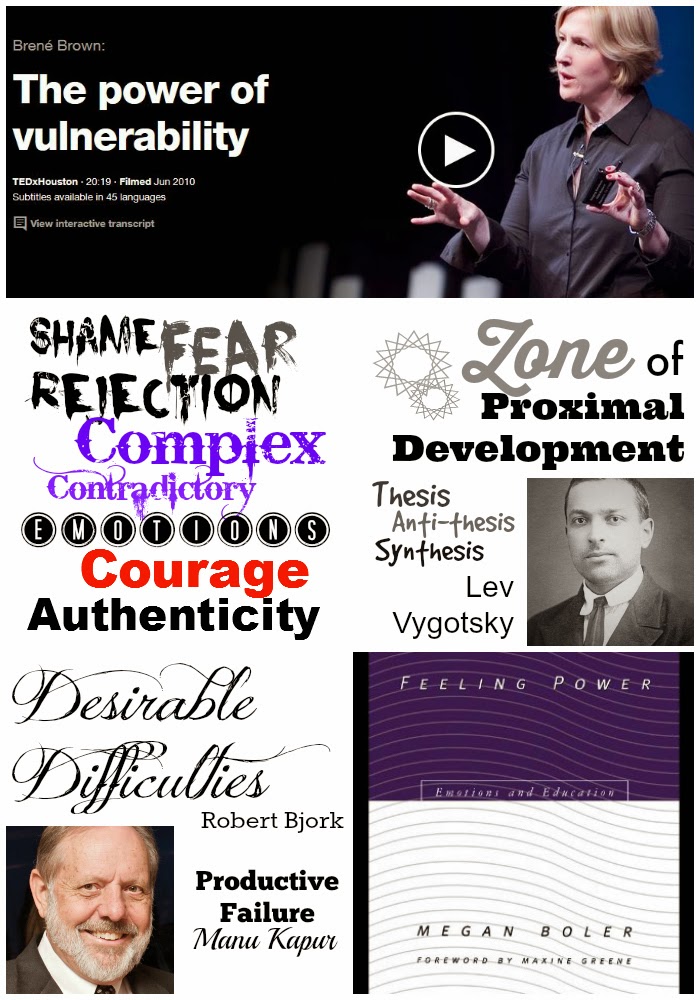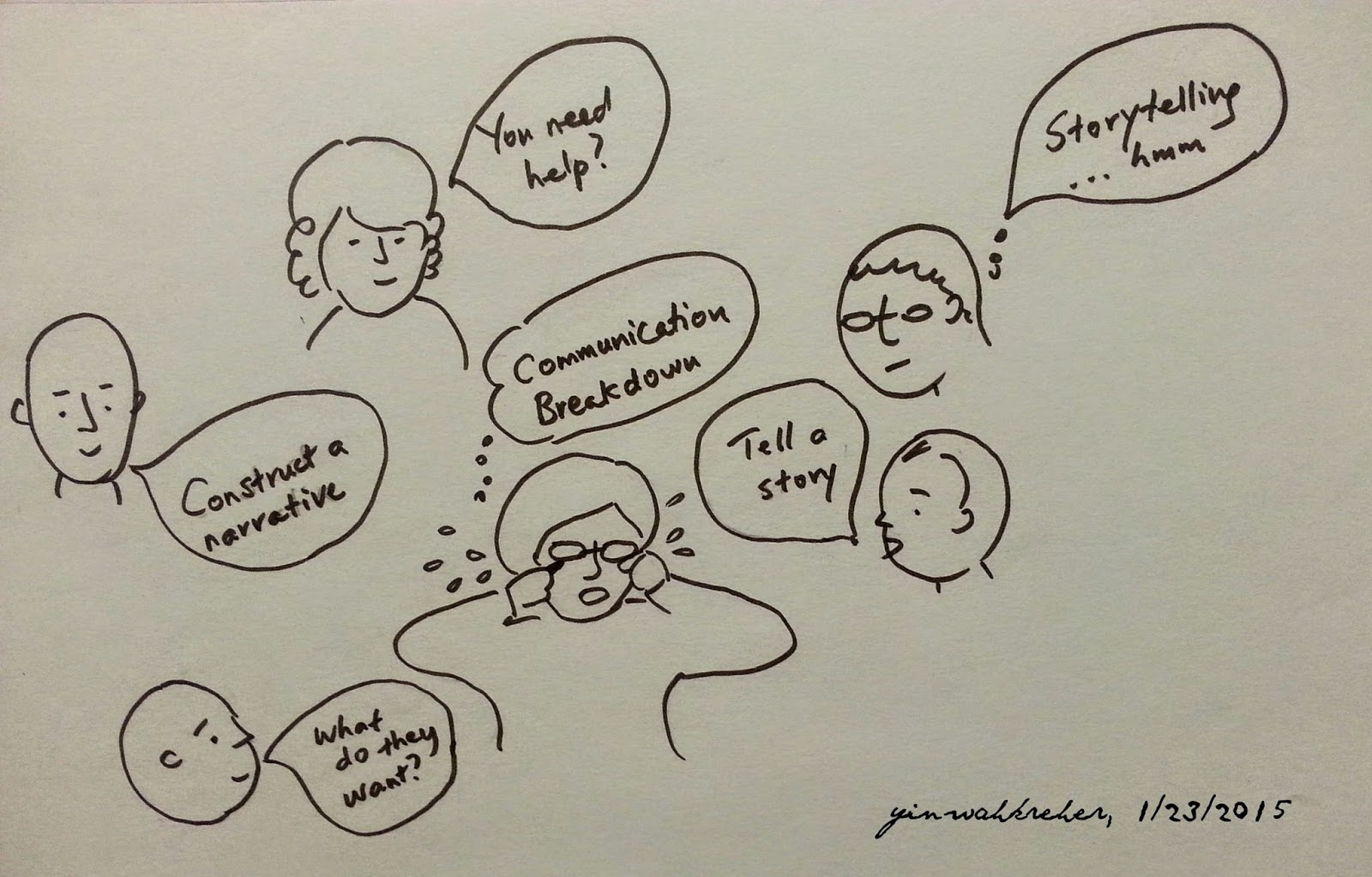#ProjectXR
I’ve embarked on a journey to learn all I can about Extended Reality: #ProjectXR.
Three years ago (October 15, 2018), I had tried to learn about XR in a Coursera course (Getting Started with Augmented Reality, Institut Mines-Télécom), but it didn’t stick until I developed a course on it myself.
The course I created for MIT xPRO with Emeritus: Virtual Reality and Augmented Reality.
To dive deeper into XR, I began to learn more about XR and XR app development through targeted search:
Self-paced courses/articles
- *Construct a Virtual Reality Experience, Lancaster University, FutureLearn MOOC
- Extended Reality for Everybody specialization, University of Michigan, Coursera MOOCs (3 courses)
- AR Development Techniques 01: Basic Concepts, LinkedIn Learning
- AR Development Techniques 02: Lighting and Physics, LinkedIn Learning
- AR Development Techniques 03: Recognition and Tracking, LinkedIn Learning
- AR Development Techniques 04: Advanced Techniques, LinkedIn Learning
- Augmented Reality in 10 Lines of HTML (medium.com)
- Making an AR Game (medium.com)
From what I have learned so far, there are three main approaches to XR development (Nebeling, n.d.):
- Web-based using WebXR
- Cross-platform using Unity, Unreal
- Native using specific platforms’ SDKs such as Oculus, VIVE, ARKit, or ARCore
Development platforms
I have begun by learning about XR design principles, about using Unity as a development platform, and some AR app development skills. I have Unity and XCode on my laptop now, besides several VR and 3D modeling apps.
AR Dev Tools (intuitive, no coding)
- ARize
- Arloopa Studio
- Assemblr Studio
- Zapworks Designer – tried, simple to use for novices
- Adobe Aero
- MyWebAR
- CoSpaces
- Quiver Vision, Tokotoko (coloring apps with AR enhancement)
VR Dev Tools
- Unity3D
- Unreal Engine
VR Spaces
- UtopiaVR
- Mozilla Hub
- Gather Town
- Glue
- Spatial
- Horizon Workrooms
- MeetinVR
- Rec Room
*This is a well-written and well-designed course, and this is coming from one who designed a VR/AR course. They take the words out of mouth by expressing technical concepts in clear and simple ways. Kudos!


